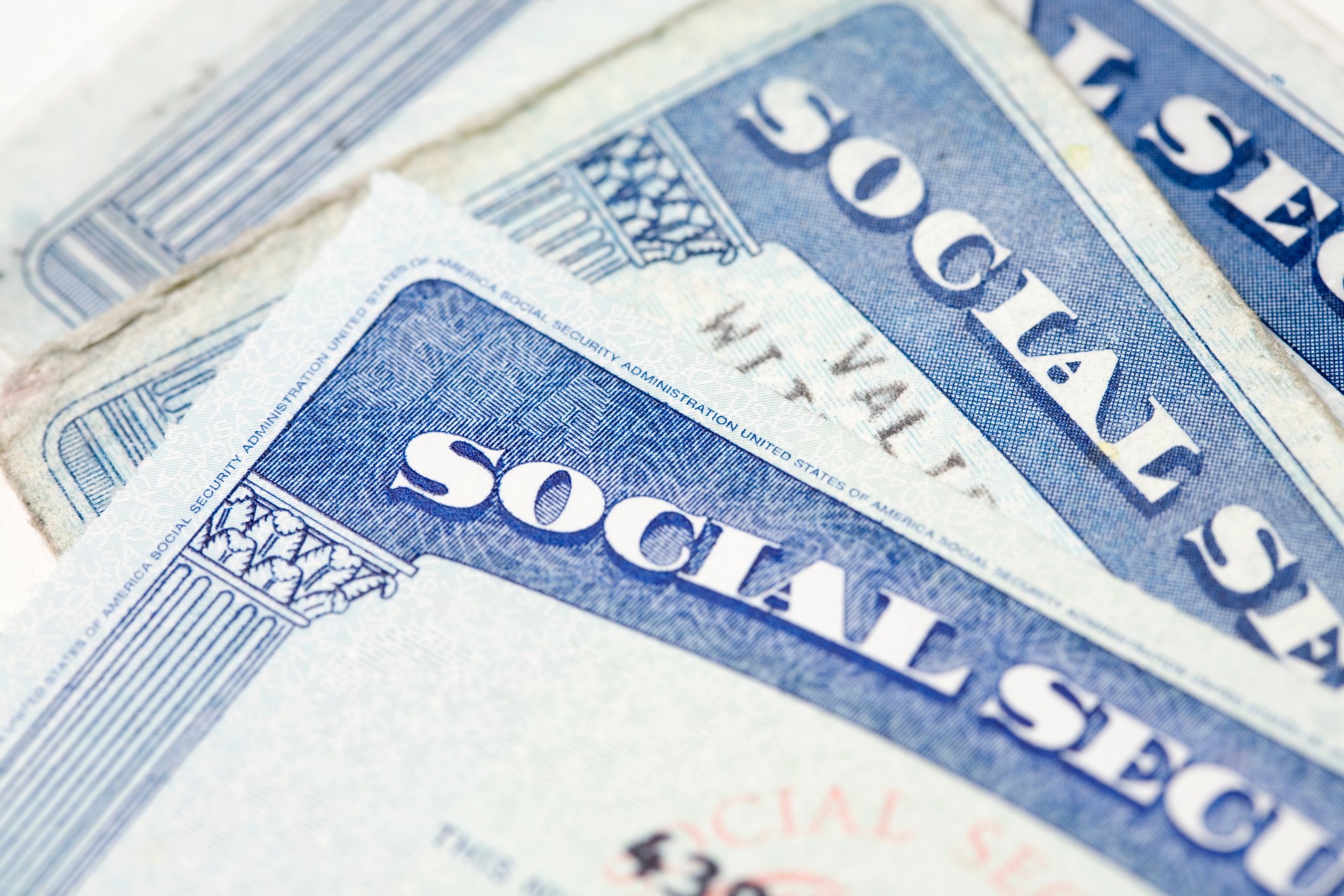
Plan for rainy days, too, when you decide when to take Social Security.
According to the Social Security Administration, 64% of retirees count on Social Security for at least half of their income, while fully one-third of retirees get more than 90% of their income from Social Security. Bottom line: Social Security is the bedrock of retirement for millions of Americans.
And considering that you can start taking your benefit as early as age 62, or as late as age 70, it's important to think about the quality of your early retirement, and to make sure you'll have enough income in your later years. For most Americans, it's probably best to delay as late as possible, and take Social Security at age 70 when your monthly benefit will be highest.
The difference in claiming early versus later
Your monthly benefit changes, depending on when you take Social Security. The table below gives a breakdown, based on the Social Security full retirement age of 66 for retirees in 2016:
| Age | Percentage of Benefit |
|---|---|
| 62 | 75% |
| 63 | 80% |
| 64 | 86.7% |
| 65 | 93.3% |
| 66 | 100% |
| 67 | 108% |
| 68 | 116% |
| 69 | 124% |
| 70 | 132% |
Data source: Social Security Administration.
Based on median life expectancies, the average retiree would collect about the same amount of total money, whatever age they start taking Social Security, so it's really about how many checks you'll get.
But since delaying Social Security, for most people, means continuing to work, you'll not only delay Social Security but you'll also continue to contribute to retirement savings (or at least delay when you start taking distributions), further bolstering your prospects for a well-funded retirement.
When you have a family history of long lives
If you have a family history of long life expectancies and are in good physical and medical health, the risk you run by retiring early is depleting your other retirement assets early, too.
Seniors are most vulnerable later in life. Whether it's an injury from a fall (the most common injury to seniors), a stroke, or some other medical condition, you may need additional non-medical care that's not paid for by Medicare or other health insurance. If you don't have the financial assets to cover these expenses, the burden of your care could fall on your family.
If you're more likely to live well into your 80s, waiting to age 70 to start taking Social Security could mean substantially more income when you need it most.
When your spouse will depend on joint assets
This is especially relevant for women, as they tend to live years longer than men and are more likely to claim spousal Social Security benefits. And while delaying your retirement beyond Full Retirement Age won't increase your spouse's benefit based on your work record, retiring before your Full Retirement Age will reduce the amount they're eligible for.
Furthermore, it's important to take steps to preserve other retirement assets like IRAs, 401(k)'s and other nest eggs to ensure that your spouse will be financially supported if they outlive you. Delaying Social Security to age 70 is one way to do this.
When you haven't saved enough
Millions of retirees will live in poverty simply because they failed to save enough for retirement, yet still chose to take Social Security as early as they could. If your other retirement assets, including pension income and retirement savings isn't substantial enough to combine with Social Security to support your retirement budget -- plus inflation of around 2% per year historically -- for more than 20 years, then waiting to age 70 to take Social Security is probably a smart call.
The bottom line is this: If you start your retirement without enough retirement savings and you still have the capability to work and keep building up your nest egg, you're setting yourself up for potential hardship when you are no longer able to generate any earnings. If that's your situation, it's almost certainly in your best interest -- and that of your family -- to delay Social Security as long as you can.
Consider your old age and your early retirement years
Everyone wants to retire as young as they can, and delaying retirement to age 70 may mean fewer years to enjoy an active retirement before Father Time catches up. But at the same time, people are living longer, healthier lives than ever, and retiring at 70 today will probably give you more active years in retirement than someone retiring at 65 got a few generations ago. If you're going to depend on Social Security for a substantial part of your retirement income, you have to make a decision based on both your early retirement quality of life, as well as making sure you'll have what you need in later years. For many retirees, that means waiting to age 70.






